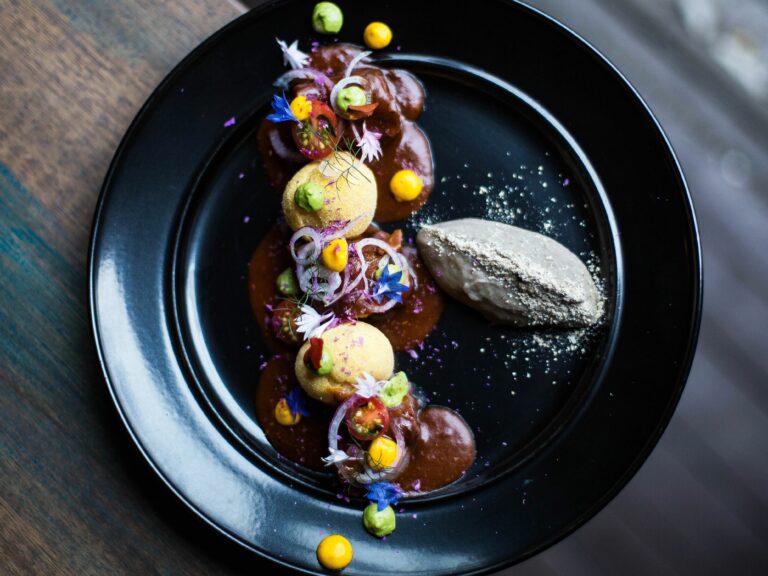Introduction: Bolivian Dining Customs
Bolivia is a country with a rich cultural heritage that is reflected in its cuisine and dining customs. Bolivian dining customs are shaped by the country’s Andean and Spanish influences, and the indigenous traditions of its people. Bolivian meals are often communal, with family and friends gathering around a table to enjoy the food and each other’s company. Dining in Bolivia is a social occasion, and it is important to follow certain etiquette and customs to show respect for your hosts and fellow diners.
Greetings and Seating Arrangements
When entering a Bolivian home, greet your host or hostess with a handshake or a kiss on the cheek. It is customary to wait to be seated, and you may be shown to a specific seat. If there is no assigned seating, wait for the host to indicate where you should sit. In Bolivia, it is considered impolite to sit until everyone has been seated. If you are the guest of honor, you may be seated at the head of the table, and it is customary to wait for the host to invite you to start eating.
Table Manners: Using Utensils and Hands
Bolivian table manners are similar to those in other Latin American countries. Use utensils to eat, and avoid using your hands except when eating finger foods. Wait for the host to start eating before you begin, and keep your elbows off the table. It is considered impolite to slurp or make loud noises while eating. Leaving a small amount of food on your plate is a sign of respect for the host’s generosity. If you have finished eating, place your utensils side by side on your plate to indicate that you are done. If you need to leave the table temporarily, ask to be excused before you go.
Bolivian Cuisine: Dishes and Ingredients
Bolivian cuisine is diverse, with dishes influenced by the country’s geography and history. Some popular Bolivian dishes include salteñas, a type of stuffed pastry, and pique macho, a meat dish topped with onions, peppers, and potatoes. Quinoa, potatoes, and corn are staples of the Bolivian diet. Bolivian cuisine incorporates indigenous ingredients like chuño, a type of freeze-dried potato, and ají, a type of chili pepper. Vegetarian options are available, but it is important to let your host know in advance if you have dietary restrictions.
Drinking Etiquette: Chicha and Coca Tea
Chicha is a traditional Bolivian fermented drink made from corn, and coca tea is a hot beverage made from coca leaves. Both are often served during meals, and it is customary to sip slowly and not finish the drink in one go. It is impolite to refuse chicha or coca tea if it is offered, but you can politely decline a second serving if you do not want more.
Sharing Food and Serving Others
Sharing food is an important part of Bolivian dining customs. It is common for dishes to be served family-style, with everyone taking a portion from the same plate. If you are serving yourself, take only what you can eat so as not to waste food. When serving others, offer the dish to the person on your left first, and then pass it to the right. It is polite to offer seconds to others before serving yourself.
Tipping and Payment Customs
In Bolivia, it is not customary to leave a tip at restaurants, but rounding up the bill or leaving spare change is appreciated. In some cases, a service charge may already be included in the bill. When dining in a private home, it is polite to bring a small gift like chocolates or flowers as a thank you to the host.
Conclusion: Respectful Dining in Bolivia
Bolivian dining customs are reflective of the country’s rich cultural heritage. Following proper etiquette when dining in Bolivia shows respect for your hosts and fellow diners. Remember to greet your host, wait for everyone to be seated, use utensils, share food, and not waste food. Sipping chicha and coca tea slowly and offering seconds to others are also important customs to follow. By following these customs, you can enjoy a delicious meal and a memorable dining experience in Bolivia.

